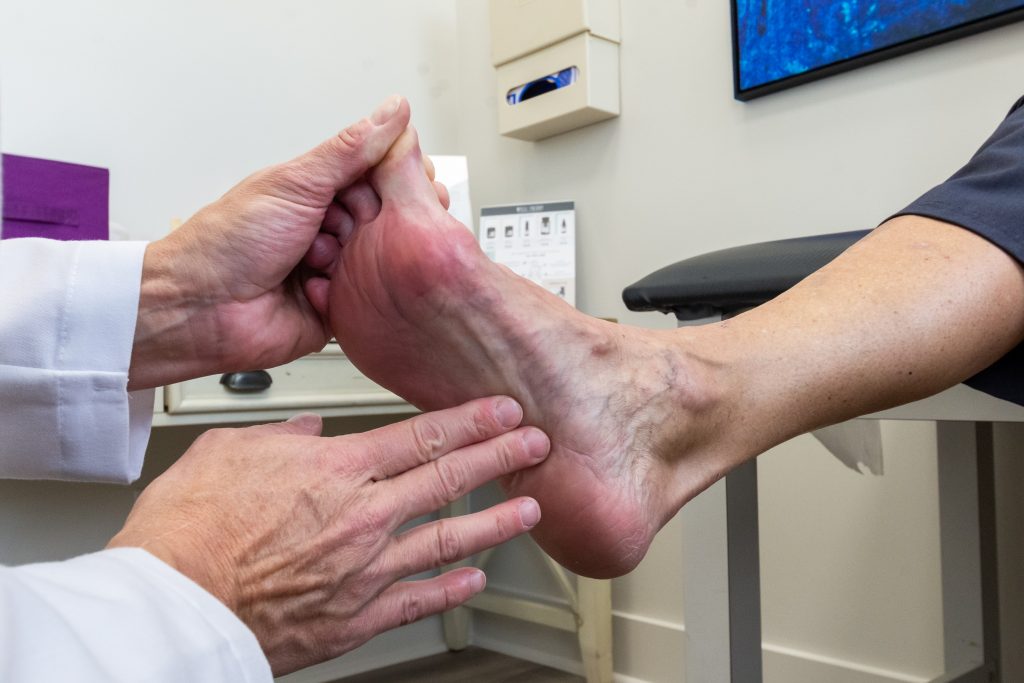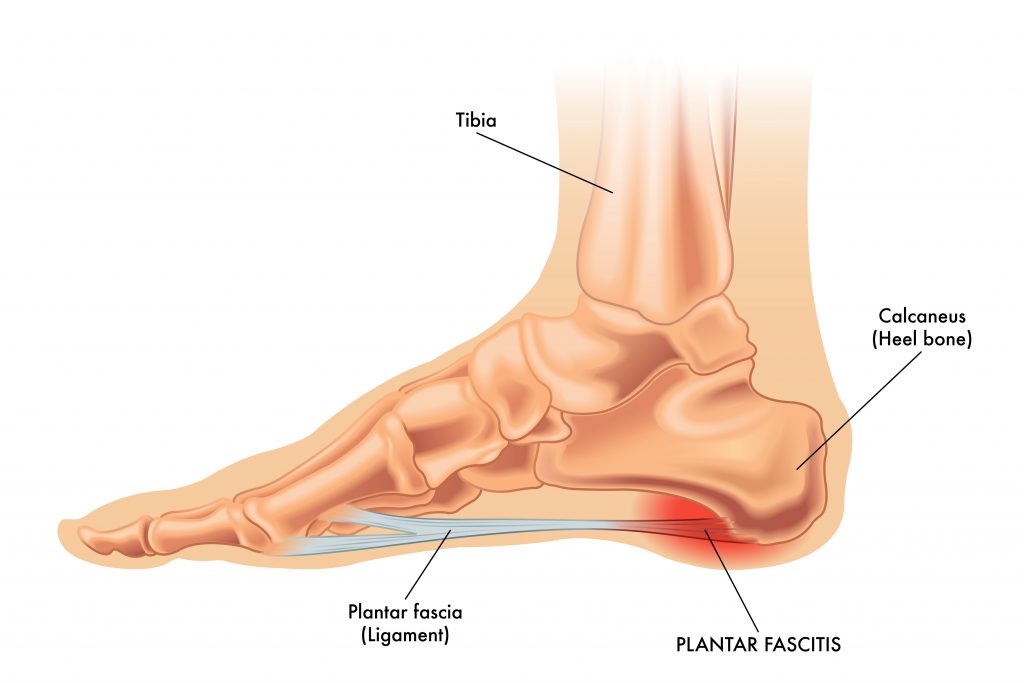Why is Plantar Fasciitis so Hard to Heal?

Do you feel as if your plantar fasciitis is taking what seems to be forever to heal? Despite making some changes in your lifestyle? Don’t worry, plantar fasciitis is a difficult foot condition to recover from for most individuals. With time and proper treatment, you can get your foot pain under control.
Reasons The Plantar Fascia Heals Slowly
One of the main reasons why plantar fasciitis takes so long to heal is because the plantar fascia is subjected to a lot of stress and strain on a daily basis. The feet bear the weight of the entire body and are subjected to a lot of impact, particularly when we engage in activities such as walking, running, or jumping. This constant stress and strain can lead to inflammation and microtears in the plantar fascia, which can be slow to heal.

Another reason why plantar fasciitis takes a long time to heal is because the plantar fascia has a poor blood supply. The plantar fascia is made up of dense connective tissue that is not well-vascularized, meaning that it does not have a good supply of blood vessels to bring oxygen and nutrients to the tissue. This can make it difficult for the tissue to repair itself and can slow the healing process.
But, probably the main reason that plantar fasciitis sticks around is that the underlying chronic inflammation that leads to the disorder never goes away either. Most of our connective tissue problems are due to toxicity from our diets. We are constantly attacking our tissues with highly inflammatory foods and with oxidative stress. This causes dysfunctional fascia. Until the underlying cause of the pain is changed, it is likely that it will not heal too quickly.
There are several factors that can increase the risk of developing painful plantar fasciitis, including:
- Wearing poorly fitting or worn-out shoes makes symptoms worse
- Engaging in high-impact activities without proper footwear or arch support, especially if your foot is weak and stiff
- Being overweight or obese adds to the underlying chronic inflammation
- Having flat feet or high arches can change the ‘normal’ stress patterns of the fascia
- Having a tight Achilles tendon contributes to stress on the structure as well

Plantar Fasciitis Treatment
Treatment for plantar fasciitis typically involves a combination of rest, stretching, and physical therapy. (Ideally, you would begin to change to an anti-inflammatory diet as well.) Wearing shoes with good arch support and cushioning can help to reduce strain on the plantar fascia and alleviate symptoms. Stretching exercises that target the foot, ankle, and calf muscles can also help to loosen tight tissues and improve flexibility. More importantly, increasing foot core strength will happen. Physical therapy may also be recommended to help strengthen the muscles and improve mobility in the foot and ankle. With early detection and proper treatment, plantar fasciitis pain can be improved within 6-14 months.
In severe cases of plantar fasciitis, surgery may be necessary to release the plantar fascia or to remove any scar tissue that has formed. However, surgery is usually only considered as a last resort and is usually only recommended if other treatment methods have been unsuccessful in relieving pain and improving function.
Overall, plantar fasciitis can take a long time to heal due to the constant stress and strain on the feet, as well as the poor blood supply to the plantar fascia. Proper treatment and management are key to helping the injury heal and prevent future flare-ups.





